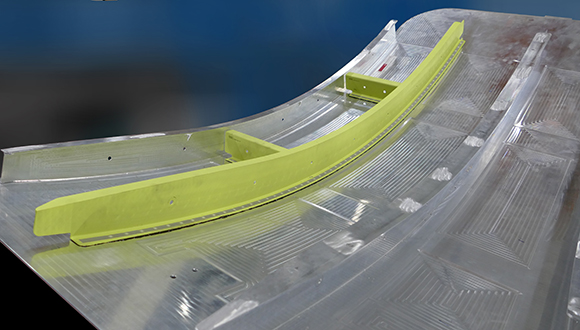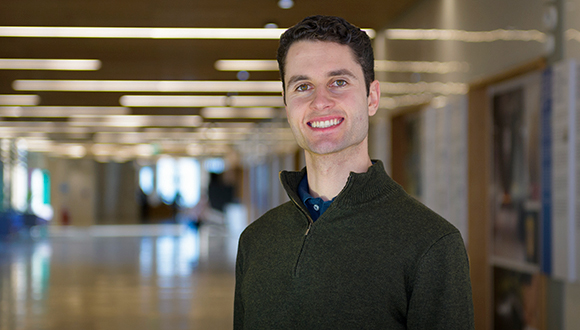Sun, 18 April, 2021
Refill friction stir spot welding of aerospace alloys in the presence of interfacial sealant.
Alumnus of the National Structural Integrity Research Centre (NSIRC) and Coventry University, Dr Pedro Santos, has published research conduct during his industrial PhD project in the international materials joining journal, 'Welding in the World'.
The work in this publication reflects the outcome of one of the experimental chapters from Pedro's research project, focusing on developing the Refill FSSW technology for applications in the transport industry sector.
Supported by TWI’s industrial member companies and Coventry University and NSIRC, the research focused on understanding the effects of weld process parameters, as well as, the use of interfacial sealant on the microstructure, the static and the dynamic strength of the Refill FSSW joints.
"The work showcases the potential of this technology in aerospace applications and for potential uses in other industrial sectors with safety critical requirements..."
Dr Pedro Santos
 Refill friction stir spot welding in aerospace structures. Photo: TWI Ltd
Refill friction stir spot welding in aerospace structures. Photo: TWI Ltd
The results from this study showed that the mechanical properties of the welds produced using refill FSSW without interfacial sealant were closely matched with the established joining technology for the aerospace industry, rivet joints.
As a novel point, from an academic point of view, the use of interfacial sealants, commonly used in the aerospace sector, improved the static and mechanical strength of the welds, surpassing the benchmark values for riveted joints.
Regarding the industrial impact his PhD research, Pedro said, "The work showcases the potential of this technology in aerospace applications and for potential uses in other industrial sectors with safety critical requirements. The results also confirm the suitability of the refill FSSW joining process in the pursuit of more efficient vehicles, as it allows us to reduce the weight of vehicles by eliminating the need for mass-adding fasteners. And it enables the structural optimisation of structural elements and down gauging."
This investigation has also supported the development work for the Clean Sky EU Horizon 2020 Project called OASIS as well as other ongoing SCP projects.
 Dr Pedro Santos. Photo: TWI Ltd
Dr Pedro Santos. Photo: TWI Ltd
Contact Pedro about his research
-
More News from across NSIRC